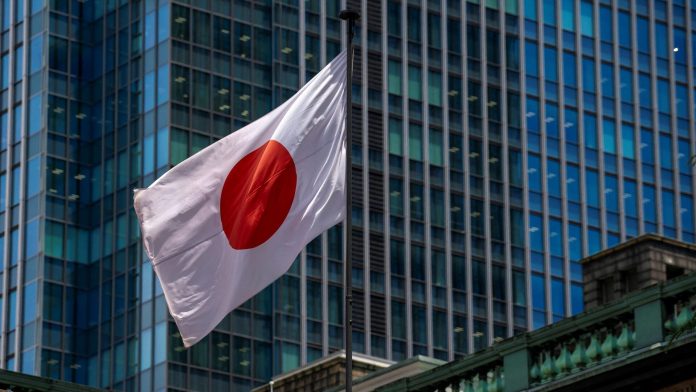At the beginning of April, Japanese investors, including banks and pension funds, have lost their foreign bonds massively. According to preliminary data of the Ministry of Finance of Japan, more than $ 20 billion of such assets were sold. This is one of the largest waves of sale since 2005.
The reason for this step was instability in the financial markets and sharp fluctuations against the backdrop of new tariffs announced by US President Donald Trump on April 2. A week before April 4, Japanese investors withdrew $ 17.5 billion from foreign debt instruments, and another $ 3.6 billion in the next week.
Analysts believe that a large part of the sale concerned the US government bonds and papers of US agencies guaranteed by the government. Japan remains the largest external holder of the United States debt with a portfolio of more than $ 1.1 trillion. Therefore, its actions are carefully monitored in the global financial market.
The decision of Japanese funds also affected the sharp fall in the S&P 500 index on 12% in the first four trading days after the announcement of new duties. In addition, the profitability of 10-year US bonds has increased to the highest level since 2001. This made many investors watch their portfolios.
Probably, pension funds sold assets to maintain portfolio balance, given the fall in stock prices. Some sales are also related to hedge due to strategies that include low rates in Japan to invest in higher income assets abroad.
Despite the sales volume, experts say that for the US bond market, which has about a trillion dollars a day, these actions do not pose a significant threat. Moody's analysts believe that the current situation reflects investors' moods more than serious changes in the long -term market structure.


